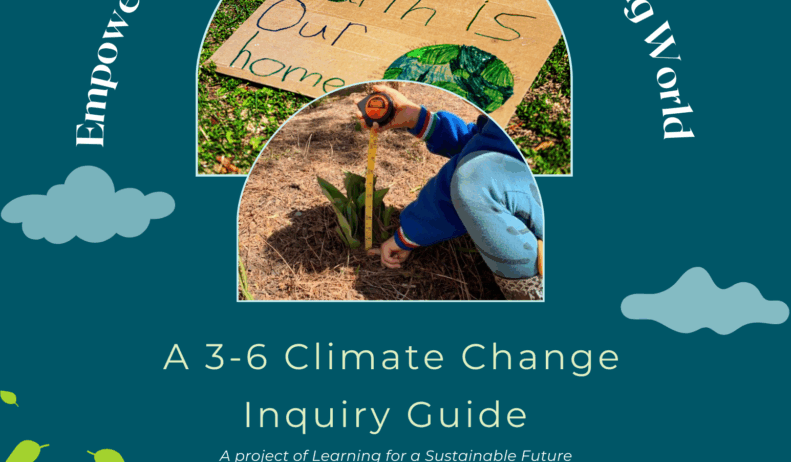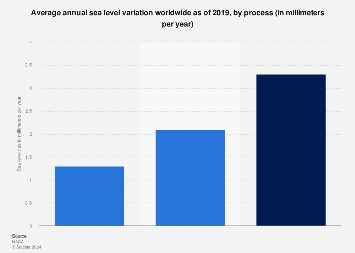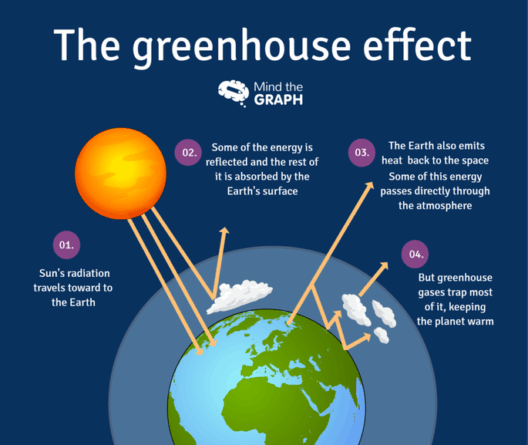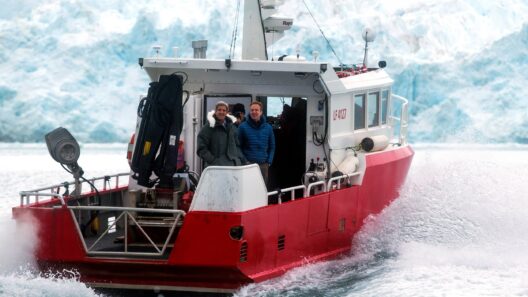Understanding the complex issue of climate change requires a multifaceted approach, utilizing various resources to gain a comprehensive view. While textbooks and scientific journals are invaluable, supplementary online resources can enrich and expand your understanding dramatically. Herein lies a curated selection of pages that will facilitate your journey into the depths of climate change learning.
Exploring these resources not only aids in grasping the scientific underpinnings of climate change but also ignites curiosity about its broader implications for society and the environment. A well-rounded perspective encourages critical thinking, empowering individuals to consider their role in tackling this pressing global challenge.
Here, we delve into an array of transformative resources that promise to broaden your horizons regarding climate change.
Guides for Educators and Learners
Educational resources focusing on climate change often target educators, providing tools that can be tailored to various age groups. One exemplary resource is the “Empowering Learners in a Warming World – A Climate Change Inquiry Guide.” Such guides present innovative ways to discuss climate science, offer lesson plans, and include activities that stimulate inquiry-based learning.
The beauty of these guides lies in their adaptability. They encourage educators to foster an environment of curiosity and critical analysis in classrooms, where young minds can explore climate change from different angles. The emphasis on inquiry invites students to ask questions, engage in research, and discuss solutions, promoting a sense of agency and ownership of their learning process.
Additionally, these resources often incorporate interdisciplinary approaches, blending sciences, arts, and social studies, thus enabling learners to understand climate change beyond scientific terminology. This broader view captures the entwined relationship between climate policies, social justice, and economic frameworks.
Engaging Blogs and Online Communities
The digital landscape boasts a rich tapestry of blogs and online forums dedicated to climate change discussions. By exploring well-respected blogs written by scientists, activists, and educators, readers can find diverse perspectives. These platforms allow for an exchange of ideas, fostering discussions about innovative solutions and grassroots movements aimed at addressing climate change.
Websites such as “Climate Reality” or “Skeptical Science” serve as bastions of information, aiming to debunk myths related to climate change. Such resources invite curiosity by presenting surprising statistics, engaging visuals, and comprehensive discussions of climate-related topics. They often include interactive features like forums where readers can pose questions and share personal experiences regarding climate impacts, enriching the collective understanding of this multifarious issue.
Moreover, documentary reviews or climate storytelling can captivate audiences. Blogs that review documentaries focusing on climate change, ecotours, or personal journeys through environmental activism serve not only to inform but also to inspire action. They illustrate the emotional resonance of climate narratives, compelling readers to consider their life’s impact on the planet.
Government and Non-Profit Organizations
Government and non-profit organization websites are treasure troves of well-researched content. They typically offer reports, policies, and data sets instrumental for understanding climate change at both local and global scales. Websites such as the “Intergovernmental Panel on Climate Change (IPCC)” present comprehensive assessments that synthesize thousands of studies, providing a factual narrative on climate trends and projections.
Encouragingly, many non-profit organizations focus on actionable strategies for combating climate change, offering resources that empower individuals to make informed choices. For instance, the “World Wildlife Fund (WWF)” and “350.org” provide guides for sustainable living, tips for reducing personal carbon footprints, and initiatives for community participation in climate actions. These resources can catalyze a sense of collective responsibility and encourage concrete actions by individuals and communities.
Additionally, government initiatives often highlight local climate plans, showcasing how government policies are addressing environmental issues. Engaging with regional climate action pages can provide insights into how your locality is responding to global challenges, thus fostering a deeper connection between individual actions and community sustainability efforts.
Visualizing Climate Data
Visual resources, such as infographics and data visualizations, are instrumental in distilling complex climate data into digestible insights. Websites dedicated to interactive visualizations, such as “NASA’s Climate Change and Global Warming” page, present satellite images, animated temperature charts, and sea level rise projections. Visualizing data in this manner can evoke an emotional response and stir empathy, ultimately becoming a powerful motivator for change.
Furthermore, platforms like “Our World in Data” provide an array of graphical representations and historical data that simplify understanding climate trends over time. The ability to see the stark contrast between past and present conditions elucidates the urgency of climate action. These visual tools can inspire discussions and ideas both in educational settings and among casual learners.
Conclusion: Cultivating a Comprehensive Perspective
Exploring the myriad of resources available for learning about climate change can indeed transform your understanding of this critical issue. Engaging with educational guides, dynamic online communities, reputable organizations, and compelling visual data fosters not just knowledge but also an intrinsic curiosity about the world around us.
This holistic approach encourages exploration and deepens understanding, enabling individuals to consider their role in the broader context of climate action. By promoting informed curiosity and critical thinking, these pages empower individuals to become advocates for change, sparking innovative ideas and actions that resonate within communities worldwide.






